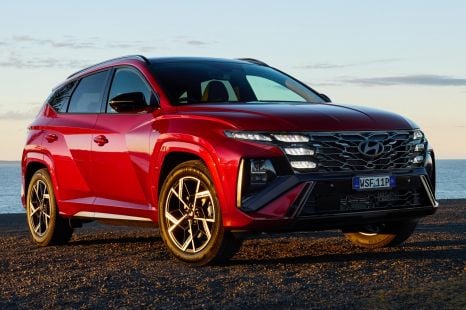

James Wong
6 Days Ago
Australian electric vehicle charging pioneer Tritium has been thrown a lifeline in the form of an overseas acquisition.

Contributor
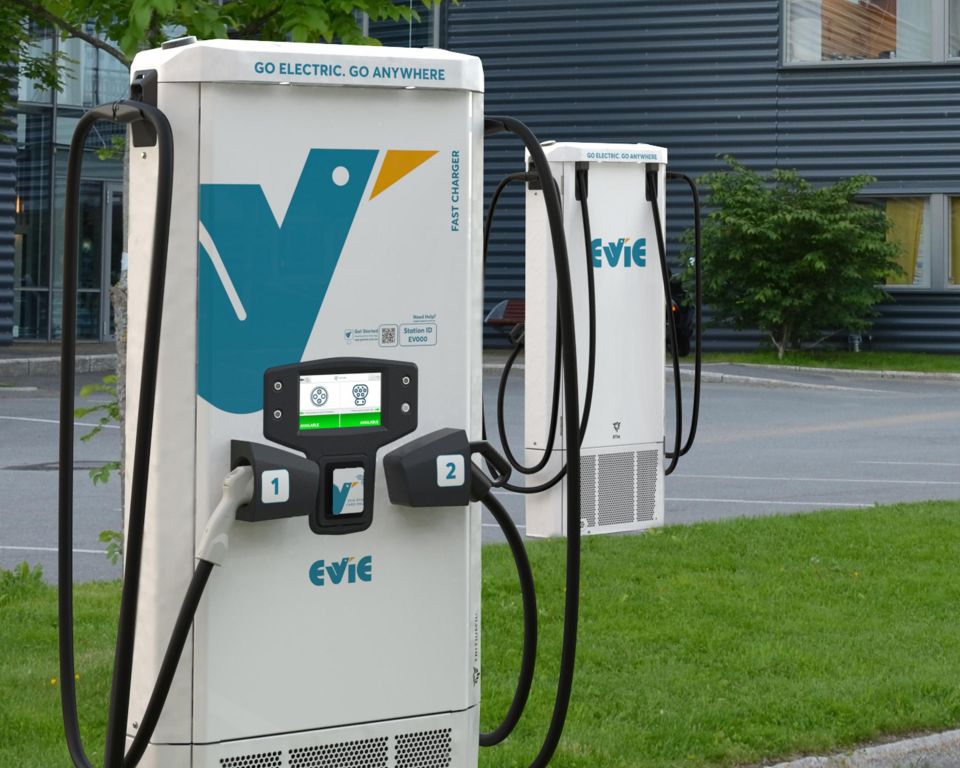

Contributor
Only four months after Australian electric vehicle (EV) charging pioneer Tritium went into administration, the firm has been purchased by the Dutch subsidiary of an Indian rival, providing hope for a return to manufacturing.
Tritium declared itself insolvent in April, calling for an administrator to be appointed just five months after shuttering its Brisbane facility to consolidate manufacturing operations at its Lebanon, Tennessee plant in the US.
While this move was made in an attempt to become profitable once again following massive losses in prior years, Tritium received a delisting determination from the Nasdaq stock exchange.
Now, the Australian Associated Press reports Indian EV charger manufacturer Exicom – or rather its Dutch subsidiary Exicom Power Solutions BV Netherlands – and “other step down subsidiaries” have agreed to acquire Tritium for an undisclosed sum.
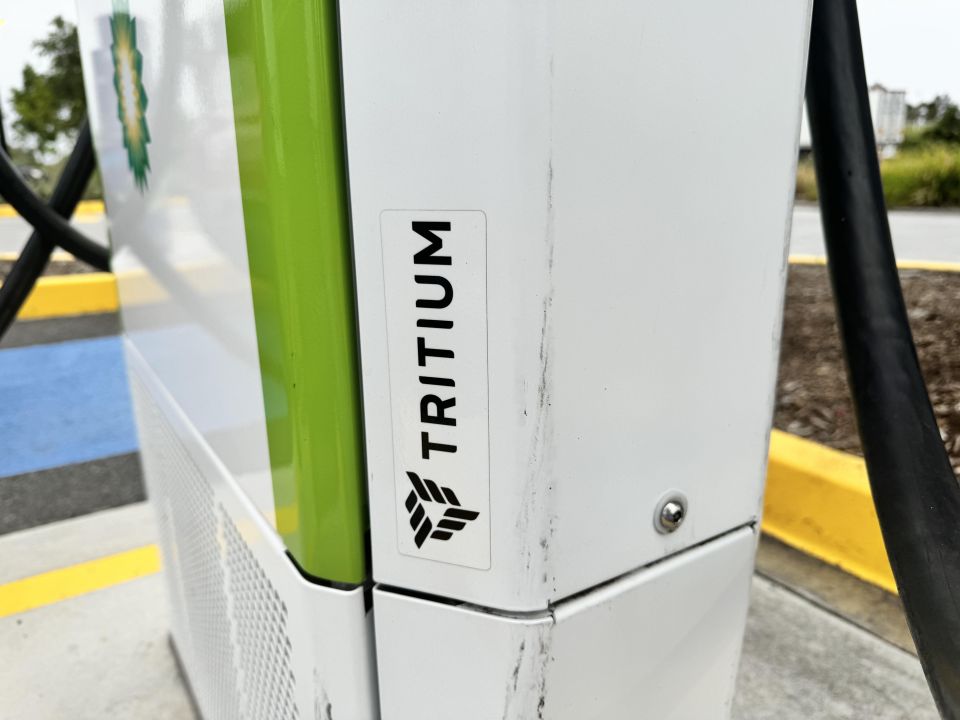
This acquisition reportedly includes Tritium’s Tennessee and Brisbane facilities, which will be added to the firm’s existing operations in India.
“This acquisition is in line with Exicom’s strategic vision to be a key contributor to the world of tomorrow by enabling an emission free future for mobility,” Exicom CEO Anant Nahata said in a media statement.
“Exicom and Tritium have a complementary sales and product footprint and have each established leadership in their respective regions.
“We look forward to working with Tritium’s employees, customers, partners and other stakeholders to grow the business further and provide faster, more reliable charging experiences to EV users across the globe.”
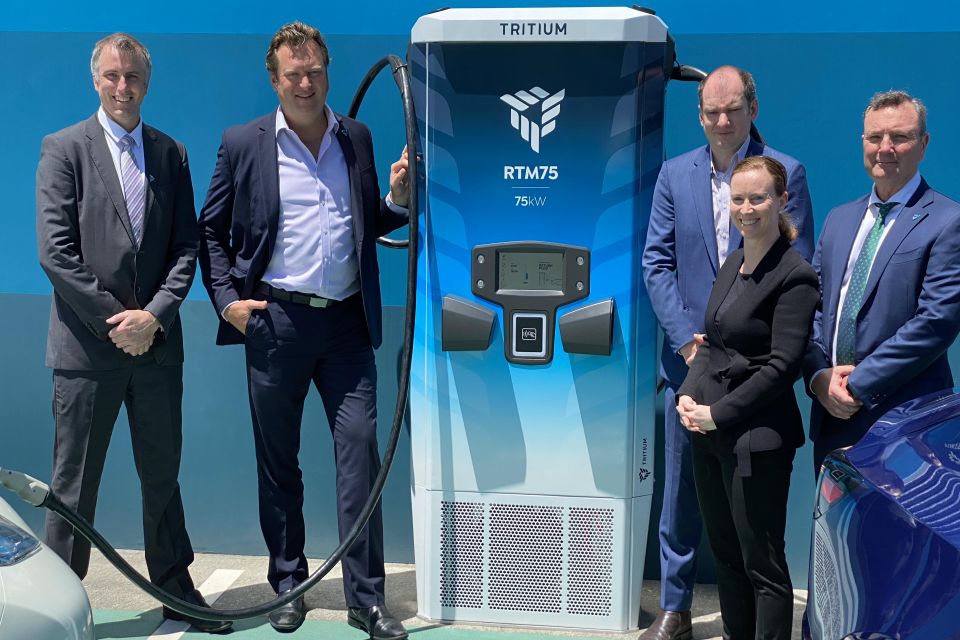
Tritium was founded in 2001 in Brisbane as an engineering consulting firm, and in 2013 introduced its first DC fast charger.
By 2020 it had become a leading provider of DC chargers with a claimed 15 per cent global market share, and the backing of coal barons Trevor St Baker and Brian Flannery.
The next year saw a successful Nasdaq stock listing, which had Tritium valued at $2 billion.
It inked a deal in January 2023 to supply BP with fast-chargers, and Prime Minister Anthony Albanese called the firm a local example of innovation and success that October – just a month before closing its Brisbane factory.
Prior to its sale to Exicom, Tritium had made multiple attempts to secure external capital from state and federal governments, all of which were unsuccessful.
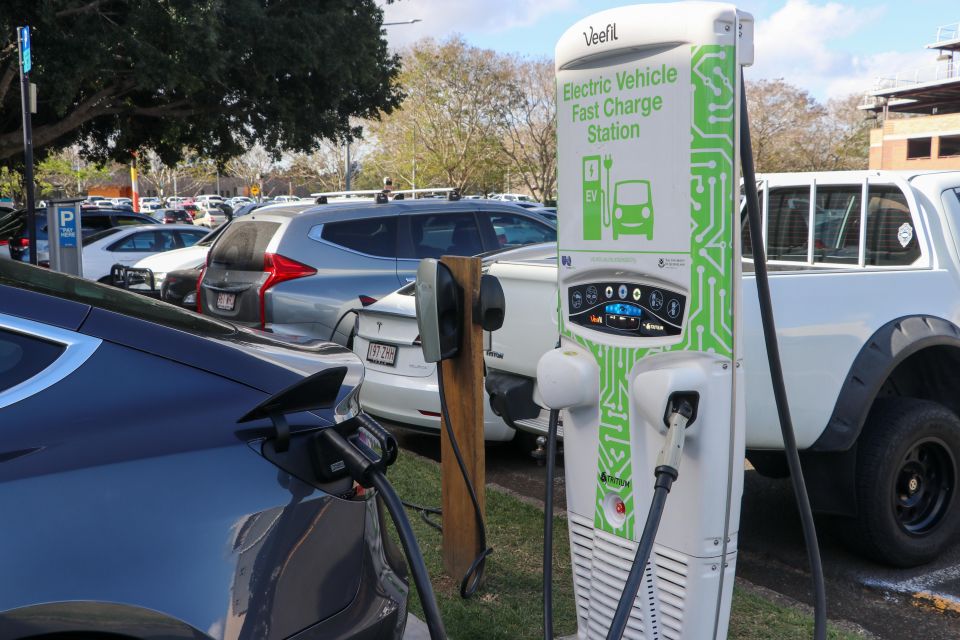
Earlier this year, former Tritium employees spoke to CarExpert under the condition of anonymity, saying the firm had suffered from poor management, while its products were unreliable.
“There were a lot of design flaws [in the chargers] that were mostly ignored. People at the top refused to make the necessary changes,” one former employee told CarExpert.
“I loved the company and the career progression opportunities that were at hand, but it wasn’t too long until I started to notice the company was losing its spark due to bad management.
“No one wanted to take accountability when things went wrong but rather played the blame game. Issues were never resolved because of that.”
MORE: Electric car chargers ‘flawed’ and faulty – ex-Tritium employees MORE: The latest on insolvent Australia EV charge firm Tritium MORE: Australian EV charging manufacturer Tritium goes into administration
Born and raised in Canberra, Jordan has worked as a full-time automotive journalist since 2021, being one of the most-published automotive news writers in Australia before joining CarExpert in 2024.


James Wong
6 Days Ago
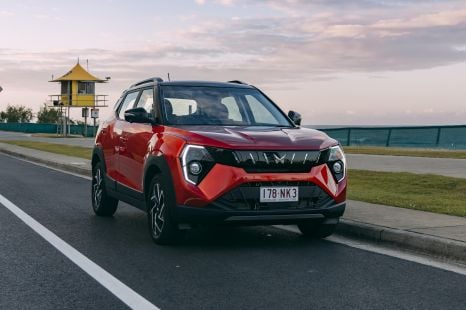

Damion Smy
4 Days Ago


Paul Maric
4 Days Ago
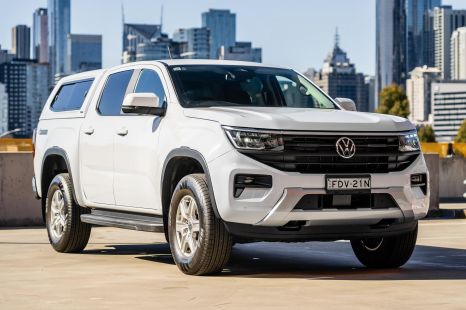

Max Davies
3 Days Ago
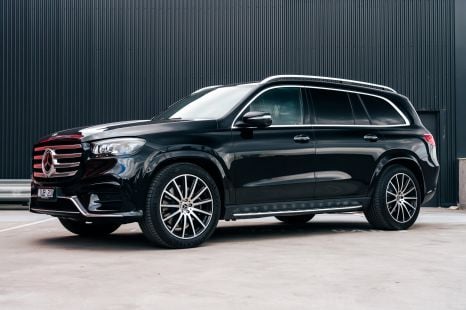

James Wong
2 Days Ago


Matt Campbell
18 Hours Ago